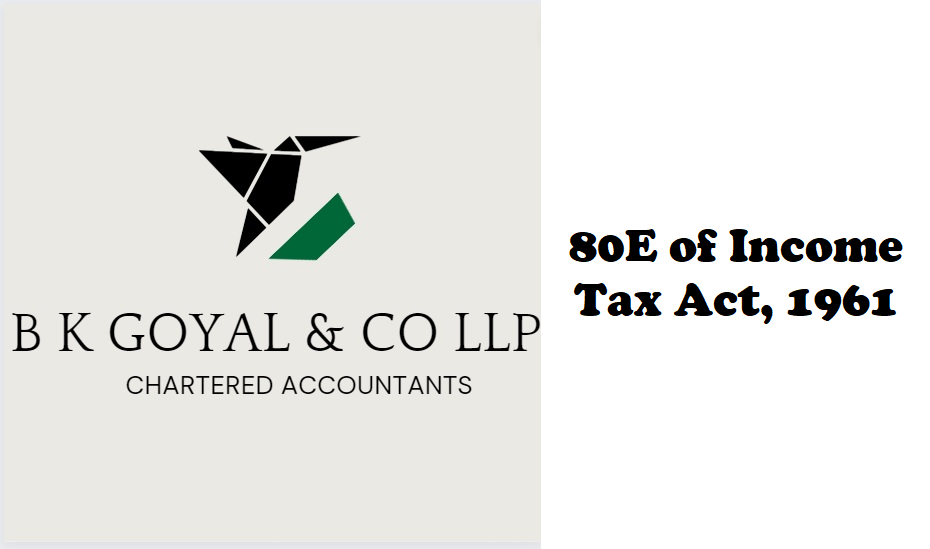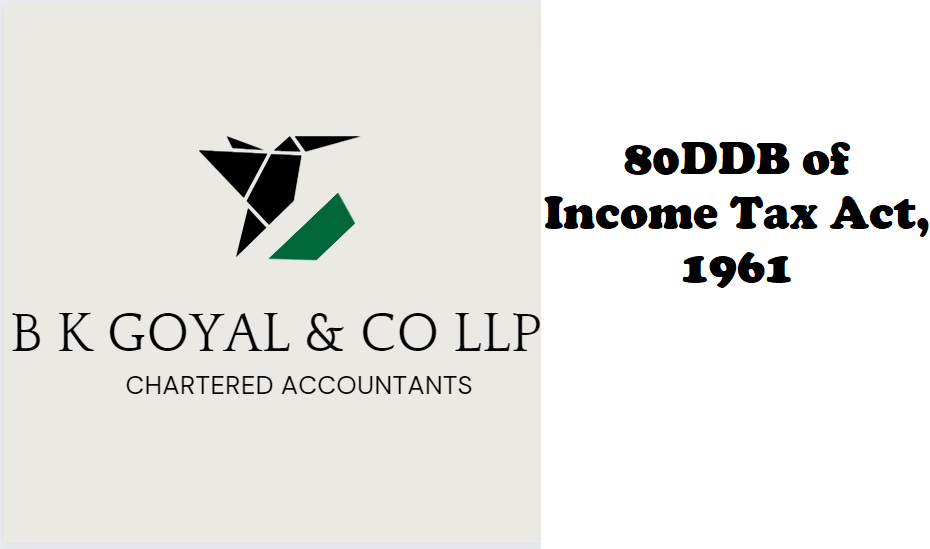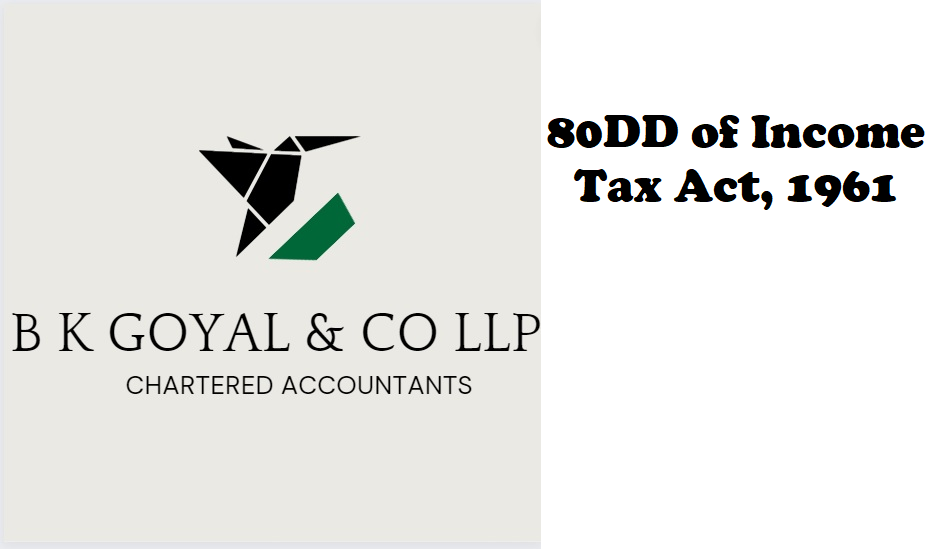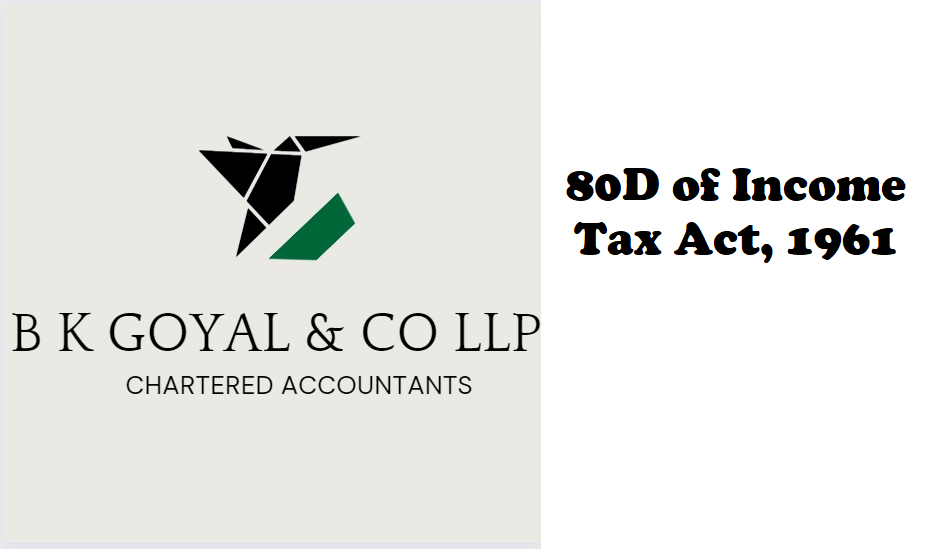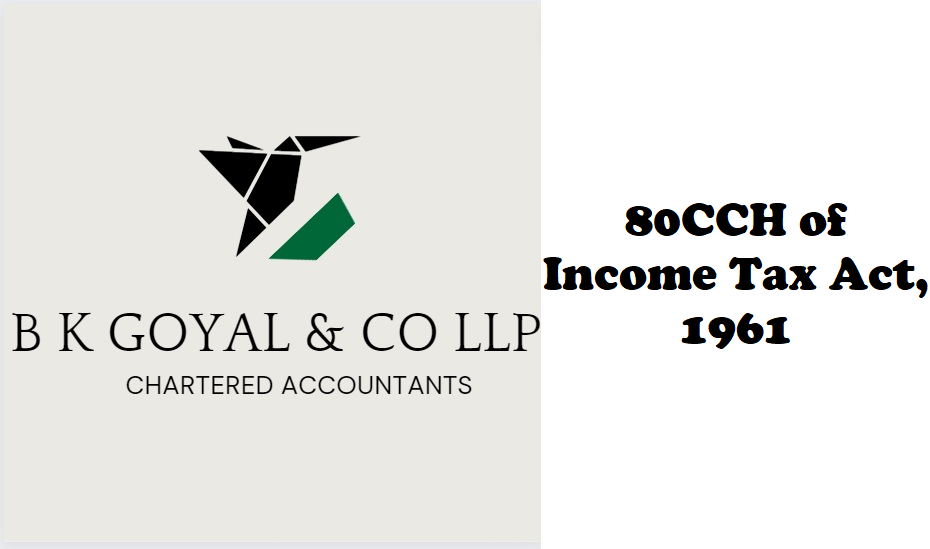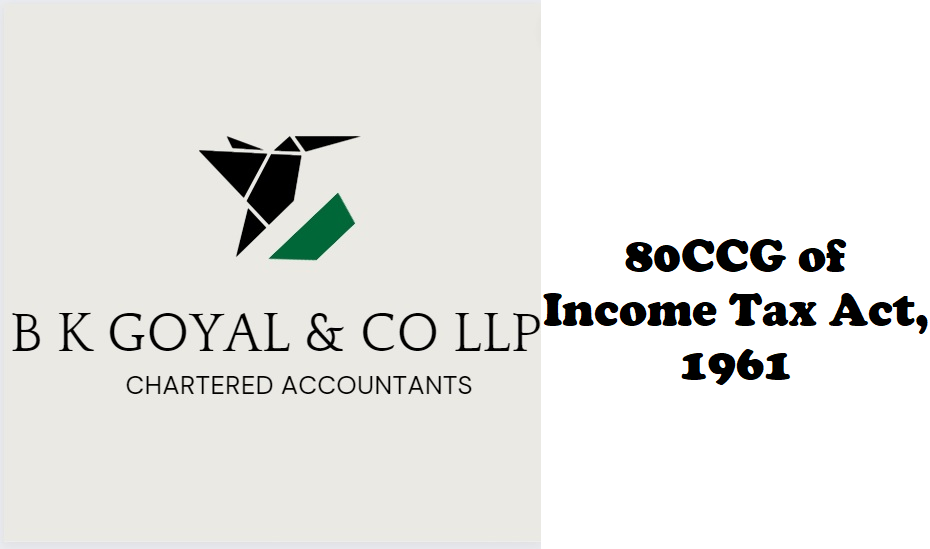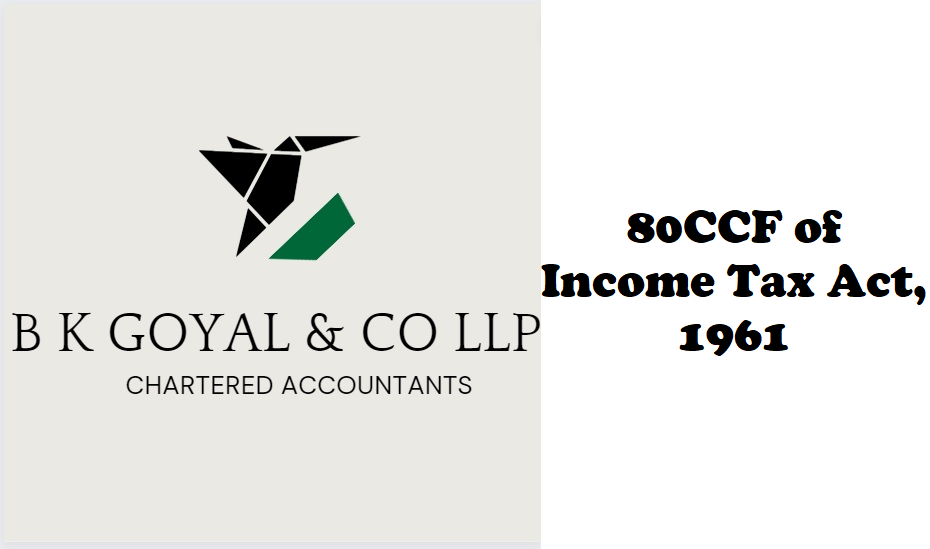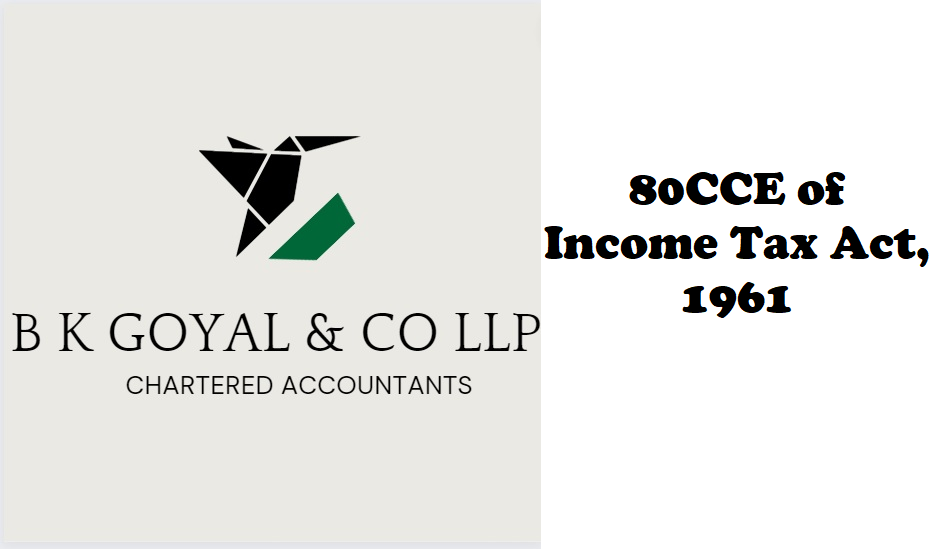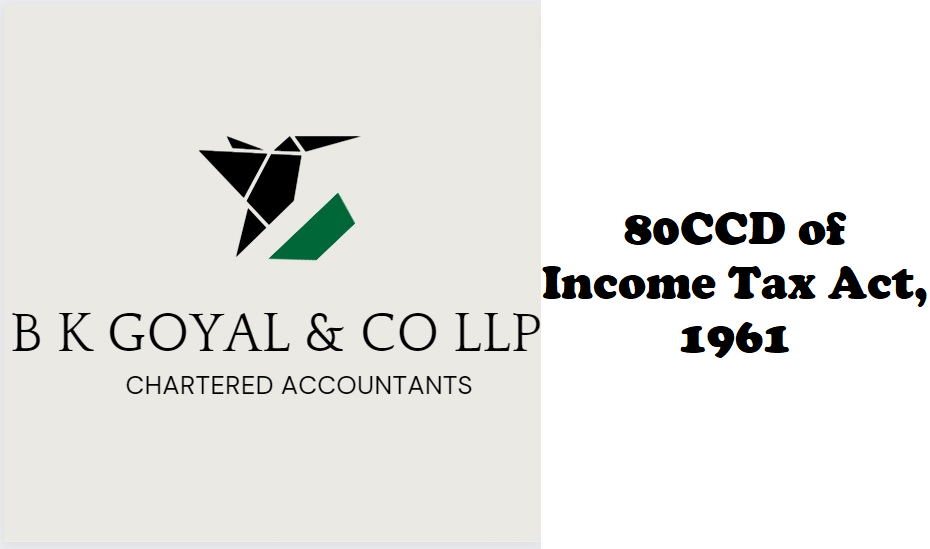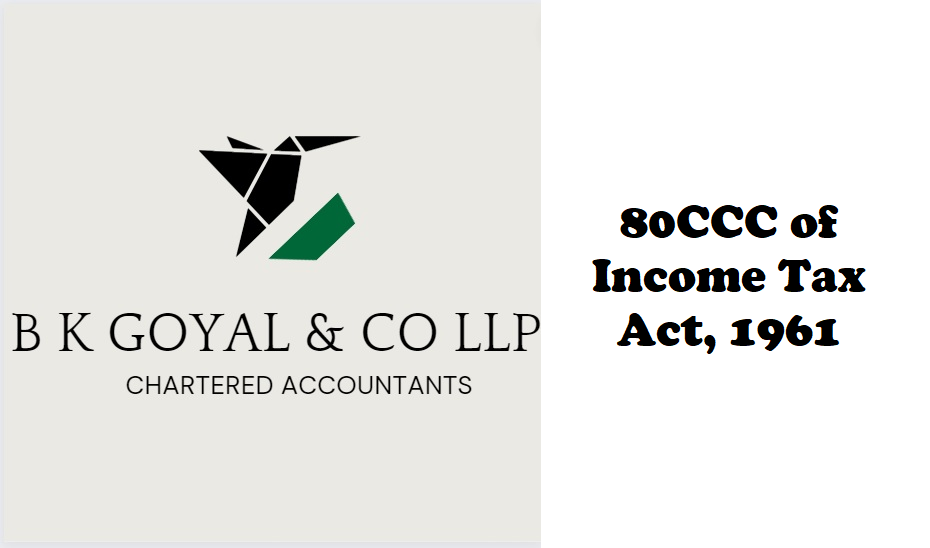Deduction in respect of medical treatment, etc Section 80 DDB of Income Tax Act, 1961 deals with tax deductions for medical expenses incurred for specific diseases. Here’s a breakdown in simple language: Who is eligible under Section 80 DDB? Individuals residing in India Hindu Undivided Families (HUFs) What kind of medical expenses are covered under Section 80 DDB? Expenses for the treatment of diseases specified by the government Expenses for self, spouse, children, parents, siblings (for individuals) Expenses for any member of the HUF (for HUFs) How much can be deducted under Section 80 DDB? The lesser of: Actual amount paid for medical treatment ₹40,000 (₹1,00,000 for senior citizens) This deduction is reduced by any: Insurance reimbursement received Employer reimbursement received What are the requirements under Section 80 DDB ? A prescription from a qualified specialist (neurologist, oncologist, etc.) is required. The medical treatment must be for a specified disease. Additional notes: “Senior citizen” refers to individuals 60 years or older. “Dependant” refers to specific family members depending on the individual or HUF. In simpler terms: If you are a resident in India and pay for the medical treatment of specific diseases for yourself or your family, you can deduct up to a certain amount from your taxable income. You need a doctor’s prescription and the disease must be on the government’s list. Insurance or employer reimbursements reduce the amount you can deduct. Examples of section 80DDB Example 1 of section 80DDB Mr. Sharma is a 35-year-old resident of India. He paid the following medical expenses during the previous year: ₹50,000 for his wife’s cancer treatment (a specified disease) ₹10,000 for his annual preventive health check-up He received ₹20,000 reimbursement from his health insurance for his wife’s treatment. Calculation of tax deduction: Medical expenses for specified disease: Actual amount paid: ₹50,000 Maximum deduction allowed: ₹40,000 Deductible amount: ₹40,000 (lesser of actual and maximum) Preventive health check-up: Maximum deduction allowed: ₹5,000 Deductible amount: ₹5,000 (actual amount less than maximum) Total deduction: ₹40,000 (specified disease) + ₹5,000 (preventive check-up) = ₹45,000 Reduction for insurance reimbursement: Total deduction – insurance reimbursement = final deduction ₹45,000 – ₹20,000 = ₹25,000 Therefore, Mr. Sharma can claim a tax deduction of ₹25,000 for the medical expenses incurred during the previous year. Example 2 of section 80DDB Mrs. Gupta is a 63-year-old senior citizen residing in India. She paid the following medical expenses during the previous year: ₹60,000 for her own heart surgery (a specified disease) ₹15,000 for her daughter’s annual health check-up She received ₹5,000 reimbursement from her health insurance for her surgery. Calculation of tax deduction: Medical expenses for specified disease: Actual amount paid: ₹60,000 Maximum deduction allowed: ₹1,00,000 (for senior citizens) Deductible amount: ₹60,000 (lesser of actual and maximum) Preventive health check-up: Maximum deduction allowed: ₹5,000 Deductible amount: ₹5,000 (actual amount less than maximum) Total deduction: ₹60,000 (specified disease) + ₹5,000 (preventive check-up) = ₹65,000 Reduction for insurance reimbursement: Total deduction – insurance reimbursement = final deduction ₹65,000 – ₹5,000 = ₹60,000 Therefore, Mrs. Gupta can claim a tax deduction of ₹60,000 for the medical expenses incurred during the previous year under section 80DDB of Income Tax Act, 1961 Complete legal text of section 80DDB of Income Tax Act, 1961 Where an assessee who is resident in India has, during the previous year, actually paid any amount for the medical treatment of such disease or ailment as may be specified in the rules63 made in this behalf by the Board— (a) for himself or a dependant, in case the assessee is an individual; or (b) for any member of a Hindu undivided family, in case the assessee is a Hindu undivided family, the assessee shall be allowed a deduction of the amount actually paid or a sum of forty thousand rupees, whichever is less, in respect of that previous year in which such amount was actually paid : Provided that no such deduction shall be allowed unless the assessee obtains the prescription for such medical treatment from a neurologist, an oncologist, a urologist, a haematologist, an immunologist or such other specialist, as may be prescribed : Provided further that the deduction under this section shall be reduced by the amount received, if any, under an insurance from an insurer, or reimbursed by an employer, for the medical treatment of the person referred to in clause (a) or clause (b) : Provided also that where the amount actually paid is in respect of the assessee or his dependant or any member of a Hindu undivided family of the assessee and who is a senior citizen, the provisions of this section shall have effect as if for the words “forty thousand rupees”, the words “one hundred thousand rupees” had been substituted : Explanation.—For the purposes of this section,— (i) “dependant” means— (a) in the case of an individual, the spouse, children, parents, brothers and sisters of the individual or any of them, (b) in the case of a Hindu undivided family, a member of the Hindu undivided family, dependant wholly or mainly on such individual or Hindu undivided family for his support and maintenance; (ii) [***] (iii) “insurer” shall have the meaning assigned to it in clause (9) of section 2 of the Insurance Act, 1938 (4 of 1938); (iv) “senior citizen” means an individual resident in India who is of the age of sixty years or more at any time during the relevant previous year; (v) [***]
